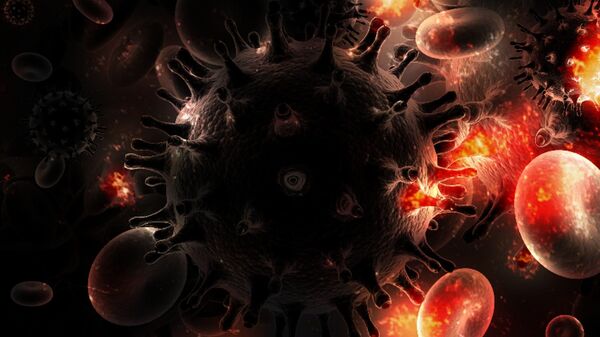Bill SB 239, introduced in September and signed into law by Governor Jerry Brown on Friday, goes into effect in January 2018. It reduces the charges for failing to disclose HIV status from a felony to a misdemeanor, which decreases the time behind bars from up to eight years to a maximum of six months.
In addition, knowingly donating HIV-infected blood, currently a felony, will also be lowered to a misdemeanor.
The lawmakers responsible for the bill, Senator Scott Wiener and Assemblyman Todd Gloria, believe that the old bill is outdated and prolongs the stigma associated with HIV. According to Wiener, the original bill is "extreme and discriminatory" against people with HIV who take medication, NY Daily News reported.
"The most effective way to reduce HIV infections is to destigmatize HIV… to make people comfortable talking about their infection, get tested, get into treatment," Wiener said.
"If you are a sex worker and you solicit someone and you're HIV positive, you're guilty of a felony before any contact occurs. These laws are so draconian that you can be convicted of a felony and sent to state prison even if you engage in a behavior that creates zero risk of HIV infection," Wiener added.
Although the lawmakers behind the bill are optimistic the new bill will encourage more people to get tested, many Republicans disagree, arguing that the bill could lead to a rise in HIV infections.
"I'm of the mind that if you purposefully inflict another with a disease that alters their lifestyle the rest of their life, puts them on a regimen of medications to maintain any kind of normalcy, it should be a felony," Senator Joel Anderson said, according to the Los Angeles Times.
"It's absolutely crazy to me that we should go light on this."
According to studies published by the UCLA School of Law's Williams Institute, out of the 379 HIV-related convictions in California between 1988 and 2014, only seven of those cases involved the intentional transmission of HIV.
Most of the convictions — 95 percent — were related to sex workers soliciting contact, though it was unclear if any physical contact had in fact occurred. In addition, 67 percent of people who came into contact with the criminal justice system because of HIV laws were black or latino, while 43 percent were women, although women make up less than 13 percent of the HIV-positive population in California.



